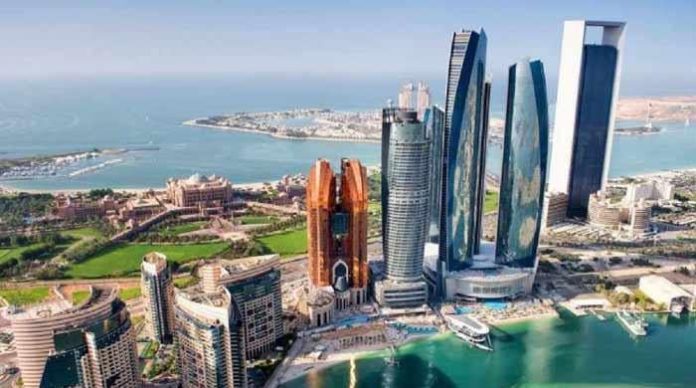Abu Dhabi’s tourism sector is poised to become a major contributor to the UAE’s economy, with a projected annual contribution of $24.5 billion by 2030, as announced by Mohamed Al Mubarak, the chairman of the emirate’s Department of Culture and Tourism (DCT).
DCT Abu Dhabi is planning a substantial investment of over $10 billion in infrastructure as part of its ambitious new tourism strategy.
This investment aims to significantly increase the number of hotel rooms in Abu Dhabi to 52,000 by 2030, a substantial rise from the current 34,000. This expansion is designed to support and realize the objectives of the Abu Dhabi Tourism Strategy 2030.
The Abu Dhabi Tourism Strategy 2030, unveiled by Sheikh Khaled bin Mohamed, Crown Prince of Abu Dhabi, encompasses 26 comprehensive initiatives. These initiatives are grouped into four key areas: enhancing the visitor experience, intensifying promotion and marketing efforts, investing in infrastructure and mobility, and streamlining visa processes, licensing, and regulations to facilitate smoother and more accessible travel for tourists.
The strategy aims to add Dh90 billion ($24.5 billion) annually to the UAE’s GDP by 2030, marking an 84% increase from Dh49 billion in 2023.
The tourism sector is also expected to attract 39.3 million annual visitors to Abu Dhabi, achieving a 7% year-on-year growth from an estimated 24 million in the previous year.
The plan seeks to create 178,000 new jobs in the tourism and hospitality sectors by the beginning of the next decade.
Abu Dhabi has several exciting projects and attractions in the pipeline to bolster its tourism appeal. These include the Guggenheim Museum, the Saadiyat Cultural District, the expansion of Warner Bros World, the development of Harry Potter World within it, Hudayriyat Island for sports and adventure, and enhancements to Yas Waterworld.
New hotel chains, including Nammos and Mondrian, are being introduced, along with an emphasis on expanding Airbnb offerings. A new zoo and various tourism venues are being developed in Al Ain.
DCT Abu Dhabi plans to expand its tourism source markets to 26 countries, up from the current 11. To achieve this, more roadshows are being planned across Asia, Europe, Africa, and North America to promote Abu Dhabi as a top tourist destination.
Abu Dhabi is actively working to diversify its non-oil economy and attract investment across various sectors, including aviation, technology, and tourism and hospitality. The emirate’s economy grew by 3.1% annually to Dh1.14 trillion in 2023, reaching its highest level in a decade.
Government initiatives, such as the unified GCC tourist visa and proposed new commercial licence regulations, are expected to further support the tourism sector and boost business activities in the Emirates.
Mr. Al Mubarak views the tourism initiatives in Saudi Arabia as complementary to the UAE’s and wider GCC’s ambitions to promote the region as a global tourist hub. He emphasized the significant opportunities arising from the GCC’s efforts to enhance and market itself.
Despite challenges such as the Israel-Gaza war affecting tourist numbers from Palestine and Israel, Abu Dhabi’s tourism sector remains resilient. Mr. Al Mubarak highlighted Abu Dhabi’s continuous commitment to being a safe destination regardless of any external circumstances.
DCT Abu Dhabi is planning to launch a “super app” that will integrate all tourism services platforms. This mobile application, which has been in development for over a year, is expected to be rolled out within a year, providing tourists with a seamless and enhanced experience.


